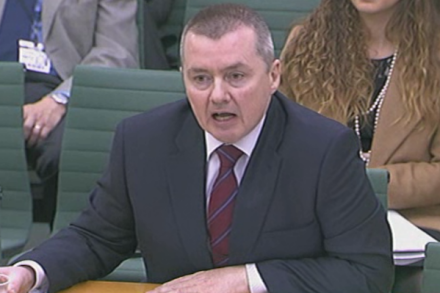Autumn Statement: How long can we keep skating on thin bond market ice?
In today’s Autumn Statement there was some great news on jobs and fuel duty, but it’s surrounded by a surreal atmosphere. We must still beware the bond market. Employment is at a high with 1.2 million private sector jobs created since early 2010. Youth unemployment is falling – we’re doing much better than our neighbours. Government is living beyond its means to the tune of £108 billion, down from £159 billion in 2009-10. Fuel duty has been frozen at merely eye-watering levels: those of us who campaigned for it will now have to defend the consequences. Billions will have to be found from somewhere else. We’re told the Government still




















